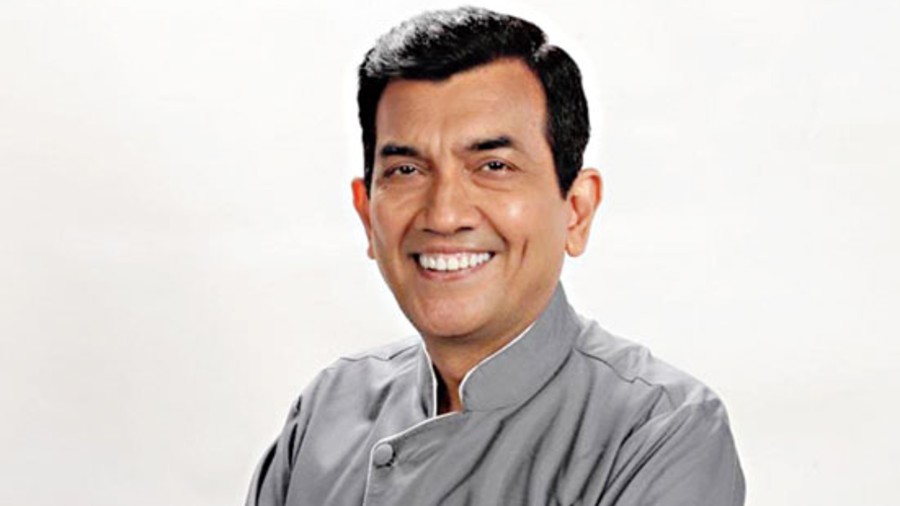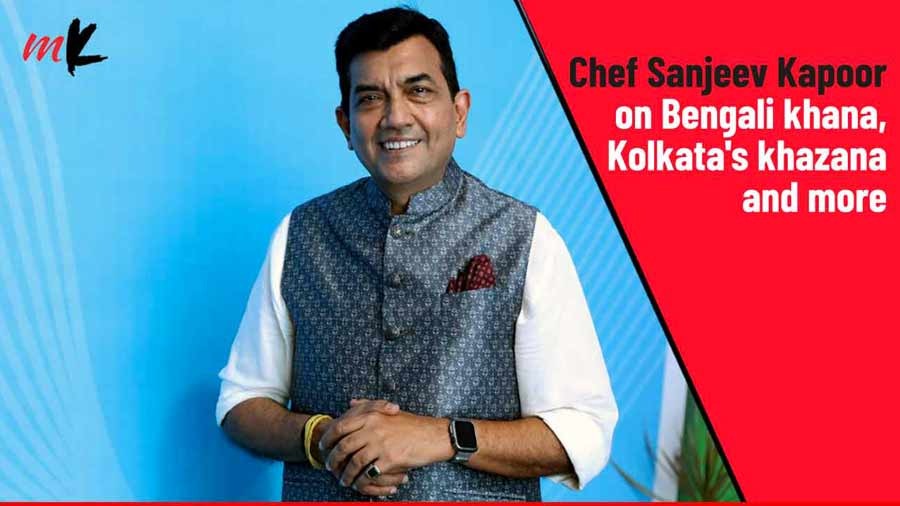Celebrity chef Sanjeev Kapur says, in the post-COVID situation, India's hospitality sector is on a growth trajectory, passing through a period when domestic tourism is on a high.
Kapur, who was talking to PTI on the sidelines of World Food Competition organised by a hotel management institute in Kolkata on Thursday, said that after the short break, due to the Covid situation when people were jittery about going out, the time has come for 'revenge' tourism, dining, etc.
"When these things start to happen, the whole environment benefits, small restaurants, big ones...Growth is there as well as the willingness to spend on luxury by many, people are travelling more to different parts as domestic tourism is on a high," the 58-year-old master chef said.
Asked about the 'farm to table' restaurant concept, where products grown on the premises of restaurants or acquired from local farmers are served on platters after rustling up the delicacy, Kapur said, "It cuts down the time and people growing farm produce also become partners. There is also more interactivity between diners, restaurateurs and farmers." Talking about the relationship between food and culture, Kapur said "food is part of culture and any part, which is culturally rich will also be rich in its food. So, if you see the history of Bengal, right…You would see that historically, there are many influences, many different kinds of influences are there and it's been absorbing many things." the host of the immensely popular TV show Khana Khazana, said.
Kapur said people of Kolkata prefer giving good quality time to themselves as they know how to savour art and culture and how to relish good food.
"Why do we get good food professionals from Bengal? Why do we get musicians from Bengal? If you look at the art and culture scene, why is Kolkata rich? Since they've learnt to give time to that, so being rich is not about only what car you have. Right from childhood I would hear from my aunt who used to stay in Kolkata that there, people may not be very rich, but they would want a nice fish, even if they can barely afford it but they would want good quality fish nevertheless," he added.
"So it's not the bank balance that they are worried about. It is the richness that they create for themselves," he said. He further observed that no other city hosts so many cooking competitions and that it felt good to be in Kolkata.
Pointing out that an international hotel conglomerate has large stakes owned by an Indian, he said, "Now the world has come to respect our hospitality, Indian hospitality. Start thinking, start dreaming, try to do better than Sanjeev Kapoor."
About the United Nations’ declaration of this year as the Year of Millets, he said, "Our honourable Prime Minister Narendra Modi has completely taken ownership of this for India. And that's a very good sign because the food, the way we are producing, the way are eating is not that sustainable".
"We are working on mono-crops and we're working on crops that need too much water. So millet is something which is easy to grow and still very nutritious. I think we should all focus on one thing rather than try to do too many things. This year, let's focus on millets in a big way and I'm sure that it's something which can find its way here also in Kolkata, as few states traditionally have been using more millets but unfortunately Bengal is not one of them.”
"But that's a good thing because it means there is a new opportunity that is there and that's how cultures evolve and that's new things come.....Influences create things which can last beyond a lifetime also. So it's time for us to focus on millet, start working with it".

